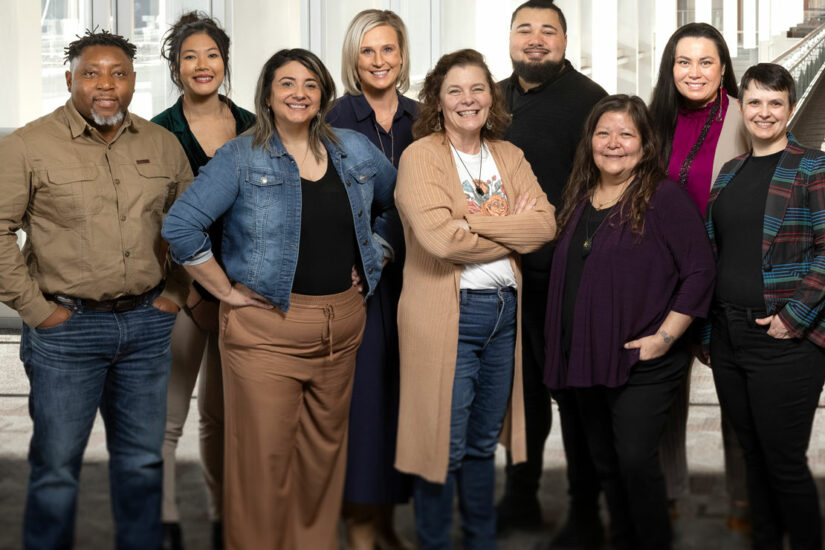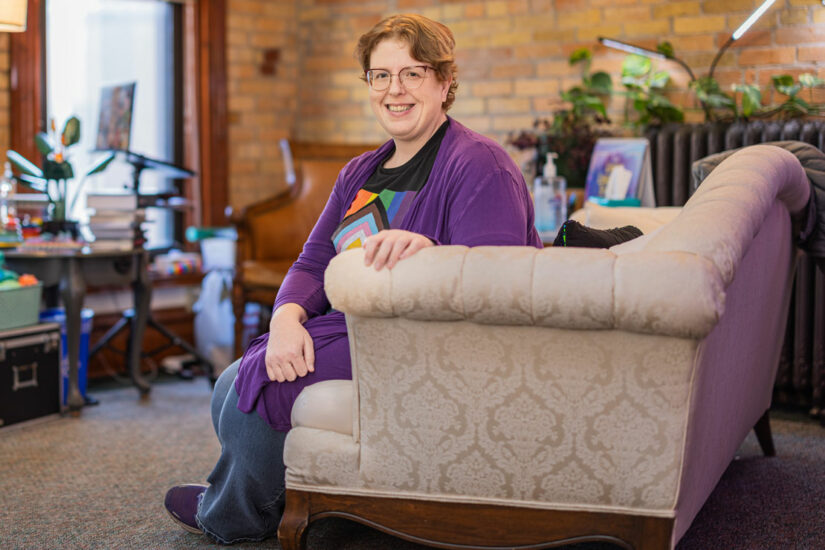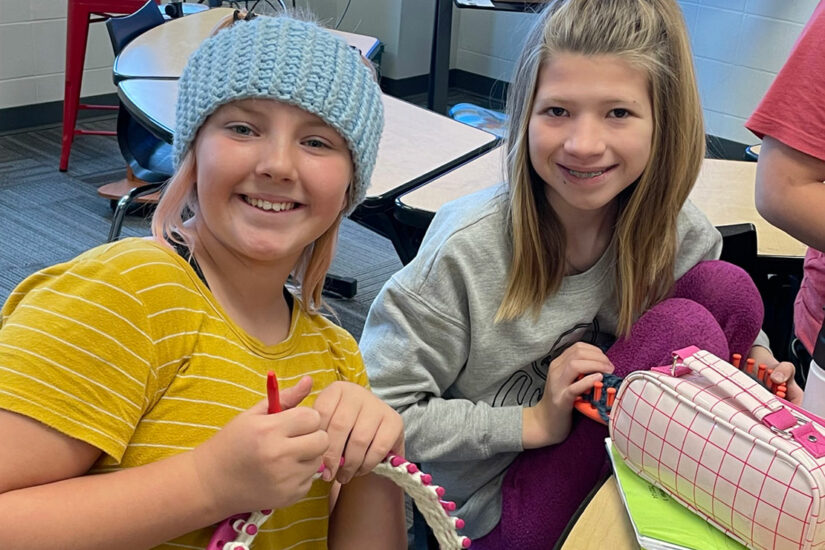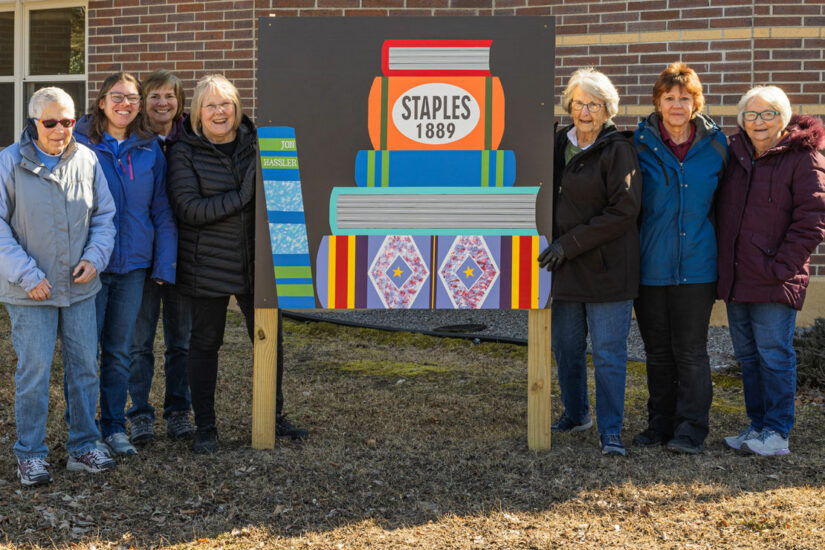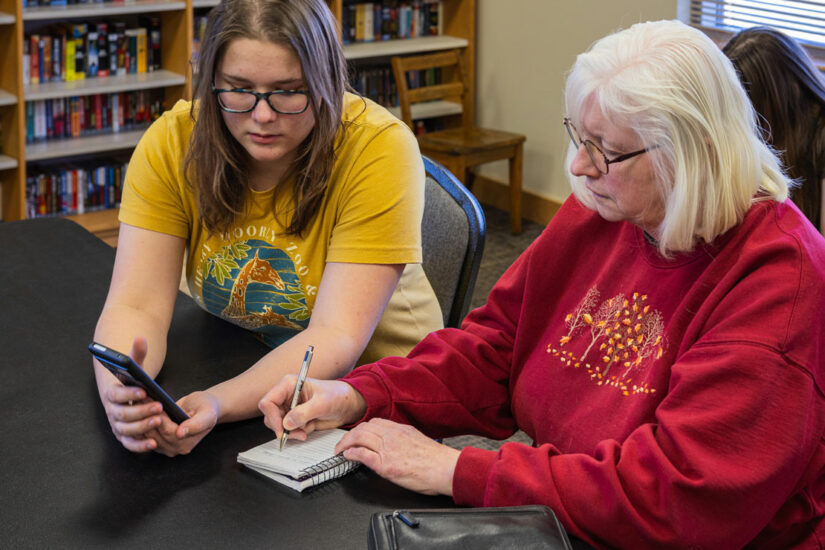Where Passion Meets Purpose
Where Passion Meets Purpose
2024-2025 Initiators Fellows are leveraging lived experiences to drive meaningful social change. Read More
Leadership Through Listening
Meet incoming Initiative Foundation President Brian Voerding. Read More
Maximum Impact
CDFI lending bridges gaps so borrowers like the Rainbow Wellness Collective can serve and thrive. Read More
Regional Highlights
Get the latest highlights from Central Minnesota’s 14 counties and two Native nations. Read More
Patchwork of Pride
Central Minnesota Barn Quilt Trail draws visitors, creates community connections. Read More
Smartphone Sessions
Braham high schoolers teach digital tech to older residents—and get an education of their own. Read More
A Fund for Fallen Soliders
New Partner Fund supports annual tribute to recognize honor, duty, sacrifice. Read More
Adrienne Benjamin
Benjamin crafts career as Anishinaabe artist, equity advocate, cultural educator. Read More
